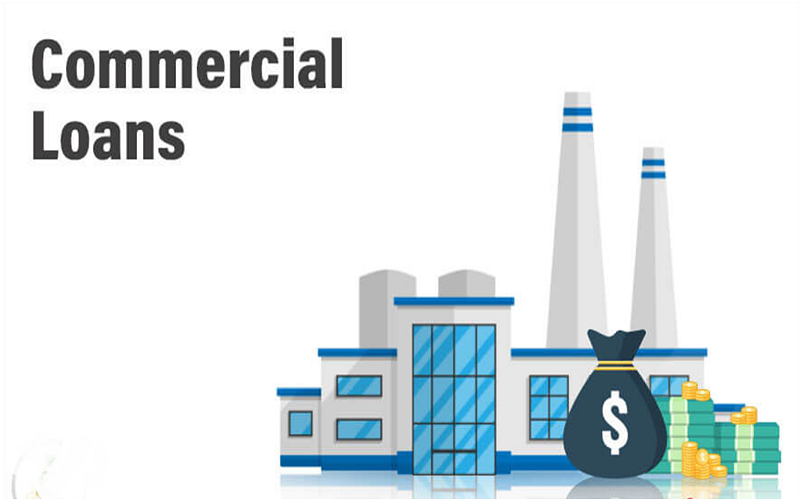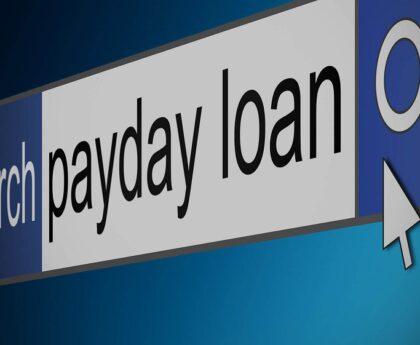Are you a business owner seeking financing? To get funded for a loan, the lender will want a clear picture of your finances and your business. If you’re thinking of applying for a loan, having a solid commercial loan application checklist can smooth out that paper-heavy process. It might seem like a bit of a slog, but with a well-prepped checklist, you’ll potentially breeze through it when you’re all set. Bonus: It increases your chances of getting the green light.
Whether you’re a seasoned entrepreneur or a new business owner, our step-by-step commercial loan application requirements will equip you with the knowledge to navigate this process confidently.
Commercial Loan Application Checklist
A commercial loan application checklist is like a to-do list for businesses looking to apply for a loan. It helps you gather all the necessary documents and information that lenders often require.
This checklist typically includes things like financial statements, tax returns, business plans, and other necessary paperwork. Using this checklist can ensure that you have everything you need to apply for a commercial loan, making the process smoother and increasing your chances of approval.
Commercial lenders have specific eligibility criteria and documentation requirements that vary based on the type of loan you’re applying for. Understanding these requirements is crucial for a smooth application process.
Personal and business information
Lenders will require detailed personal and business information to verify your identity and credibility. This typically includes your personal identification documents, business registration papers, and ownership details.
The documents necessary are as follows:
- Identification documents
- Business registrations
- Licences and relevant certificates
- Information on business ownership structure
- Management experience
Financial documents
Be prepared to provide extensive financial documents that paint a clear picture of your business’s financial standing. These may include balance sheets, profit and loss statements, tax returns, and bank statements from the past few years.
You’ll need to provide the following financial statements:
- Balance sheets
- Profit and loss statements
- Tax returns for the past 3-5 years
- Cash flow projections
- Accounts receivable reports
Business plan and projections
A well-crafted business plan is essential for any commercial loan application. It should outline your company’s objectives, strategies, market analysis, and financial projections. Lenders want to see a solid plan for how you’ll utilise the loan funds and generate revenue to repay the debt.
The business plan should consist of:
- Outlined business objectives and strategies
- Market analysis
- Projected financials
- How loan funds will generate growth and returns
Collateral documentation
Most commercial loans require some form of collateral as security. Be ready to provide documentation for any assets you plan to use as collateral, such as property deeds, equipment invoices, or inventory lists.
The collateral documentation you’ll need to provide are the following:
- Property titles
- Equipment invoices
- Inventory listings
- Accounts receivable details
Legal and regulatory documents
Depending on your industry and business structure, you may need to submit various legal and regulatory documents. These could include licences, permits, contracts, or compliance certifications.
Besides the documents mentioned above you’ll often need to have the following legal documents:
- Articles of incorporation
- Franchise agreements
- Intellectual property assignments
- Regulatory compliance reports
Organising a complete, well-presented document set demonstrates preparedness. It shows you operate professionally. Following requirements precisely can increase your chances of approval.
Types Of Commercial Loans
| Types of commercial loans | Definition | Requirements |
| Term loans | Lump-sum loan amounts are repaid over a fixed term | Financial statements, business plans, collateral, and credit history |
| Line of credit | Loans revolving credit facility to cover short-term needs | Cash flow statements, accounts receivable reports, and collateral |
| Construction loans | Loans are used to finance real estate projects | Construction plans, budgets, permits, and contractor details |
| Equipment loans | Funds specifically for purchasing the necessary equipment for effective workflow | Asset details, invoices, and maintenance records |
| Business acquisition loans | Used for buying an existing business | Valuation reports, purchase agreements, and succession plans
|
| Invoice financing or factoring | Loans for cash advances against outstanding invoices | Accounts receivable reports and customer credit profiles |
| Working capital loans | Short-term financing for operations | Cash flow forecasts, inventory reports, and accounts payable details |
| Commercial vehicle loans | Used for purchasing vehicles used in business operations | Vehicle specifications, intended use details, and insurance |
| Merchant cash advances (MCAs) | Lump-sum advances repaid via a percentage of future sales | Credit card sales reports and processing statements |
| Business credit cards | Revolving credit facilities for smaller expenses | Personal and business credit histories, income statements, and intended use details |
Considerations Before Getting A Commercial Loan
Before applying for a commercial loan, thoroughly evaluate your business’s financial standing. Lenders will scrutinise your credit histories, cash flow projections, and existing debt load. Ensure you have a strong credit profile and can demonstrate ample cash flow to service the potential debt comfortably.
Assess your assets and compile documentation for any collateral you plan to use, such as property, equipment, or inventory. Having sufficient collateral can strengthen your application and increase your chances of approval.
Perhaps most importantly, develop a comprehensive and well-researched business plan. Clearly outline your goals, strategies, and how the loan funds will generate returns. A solid business plan shows lenders you have a viable growth plan and are a worthwhile investment.
Frequently Asked Questions
What role does my personal credit history play in a commercial loan application?
Your personal credit history often plays a significant role in a commercial loan application, as it reflects your financial responsibility and may influence the lender’s decision. A strong credit history can improve your chances of approval and may affect the loan terms.
How long does the commercial loan application process typically take?
The commercial loan application process duration varies depending on factors like the lender’s processes, the complexity of the loan, and the completeness of your application. Generally, it can take anywhere from a few weeks to several months to complete the process.
What can I do to improve my chances of approval for a commercial loan?
To enhance your chances of approval for a commercial loan, focus on factors such as maintaining a healthy credit profile, preparing a thorough and accurate business plan, providing detailed financial documentation, and demonstrating the ability to repay the loan through strong cash flow and collateral.
Conclusion
In conclusion, thoroughly preparing the required documents outlined in this comprehensive commercial loan application checklist is crucial for increasing your chances of securing financing.
By gathering the necessary financial statements, business plans, and supporting materials and presenting them effectively, you demonstrate your credibility and commitment to lenders.
This article has provided you with a better understanding of the application process and the key components lenders usually evaluate. Remember, a well-crafted application can make a significant difference in obtaining the funding needed to elevate your venture to new heights.



